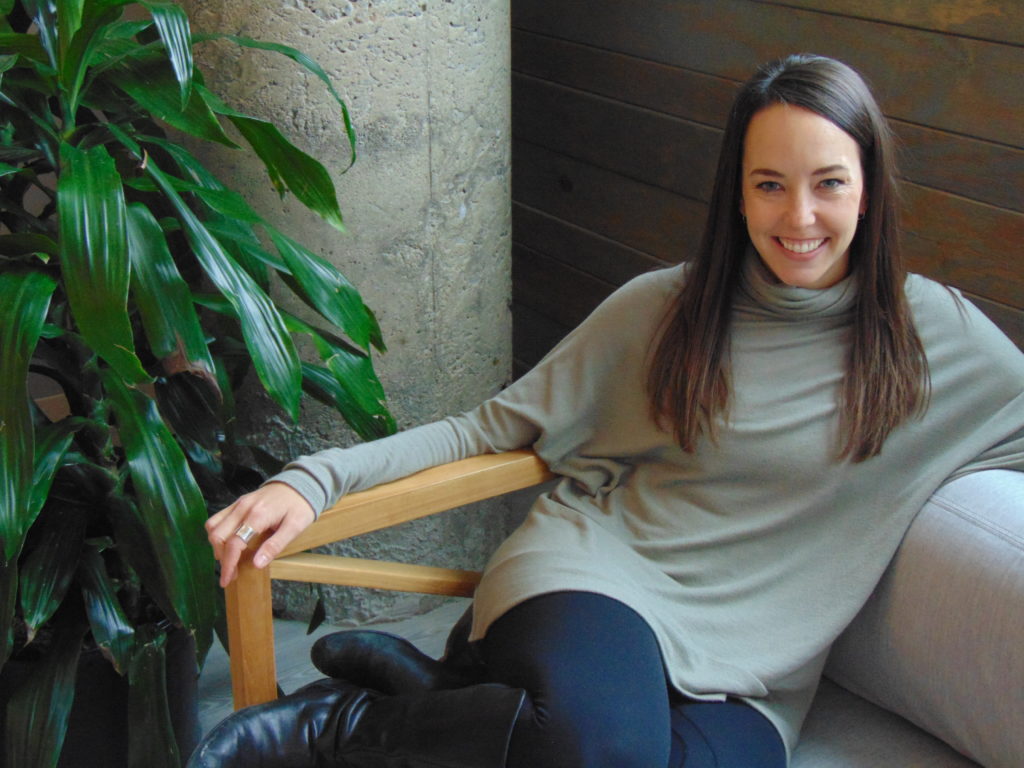Why an eating disorder therapist might be right for you even if you don’t have an eating disorder

By Lindsey Arens
Most people don’t have a diagnosable eating disorder. Thank goodness. I don’t wish an eating disorder upon anyone. They have the highest mortality rates in the mental health world, and they are literally a form of self-torture. More people on this planet, however, struggle with the following: disordered eating traits or patterns, yo-yo dieting, over-eating, body shame, fat-phobia, food obsessions and food rigidity.
As someone who has worked in the eating disorder field for the past 7 years, I’m primed to hear disordered “food talk” all the time. For example:
“I can only eat dessert if I work out for an extra 30 minutes”
“I will not eat after 7:00 p.m.”
“I’m not really a breakfast person, I never have been.”
“I use hot sauce on my food to speed up my metabolism.”
“I’ll eat avocado but not butter, because avocado fat is better for you.”
Ok. Are you scratching your head right now thinking “no really Lindsey, I don’t like breakfast! I never have.” C’mon. Never? You ate breakfast as a kid. Somewhere along the line you decided not to take seriously how important eating throughout your day is.
In therapy, my specialties center around relationships with food and/or body as well as implementing positive change. How do those two things go together, you ask? Let me tell you. Many therapists are keen to help you change. The problem is, they don’t understand the science behind the change process. I do. To create permanent, long-lasting change, there is a lot of hard internal work to do–not just change what you “do” on a daily basis.
Change is really hard. As humans, we are hardwired not to change. Parts of our brain actually work against us when we try to change. That’s why so many people “fail” at New Years Resolutions. It’s not because we are lazy, stupid, unmotivated people. It’s because we don’t go through the correct methodology to actually sustain the change we want to have.
Getting back to how my two specialties go together. To change your relationship with your body or food, internal work needs to be done. That work is hard to do alone, and honestly, shouldn’t be done alone. We need people to support us and stick with us as we walk that journey. That’s where a therapist like me comes in awfully handy. I will stick with you on your journey through long-lasting, permanent change. With a little bit of science, and a lot of compassion, I can help get you to where you’ve wanted to be.
Side note: if you don’t have any interest in changing your relationship with food, or don’t’ think you need to, that’s cool. We can apply the science of change to just about any area of your life that needs some improvement.
Lindsey Arens is a psychotherapist at Elle, and she’s taking new clients on Wednesdays and Fridays. She also hosts a “Health At Every Size” workshop on Wednesday, March 21st at Elle at 6:00PM, including an opportunity for Q&A with participants.


Comments are closed.